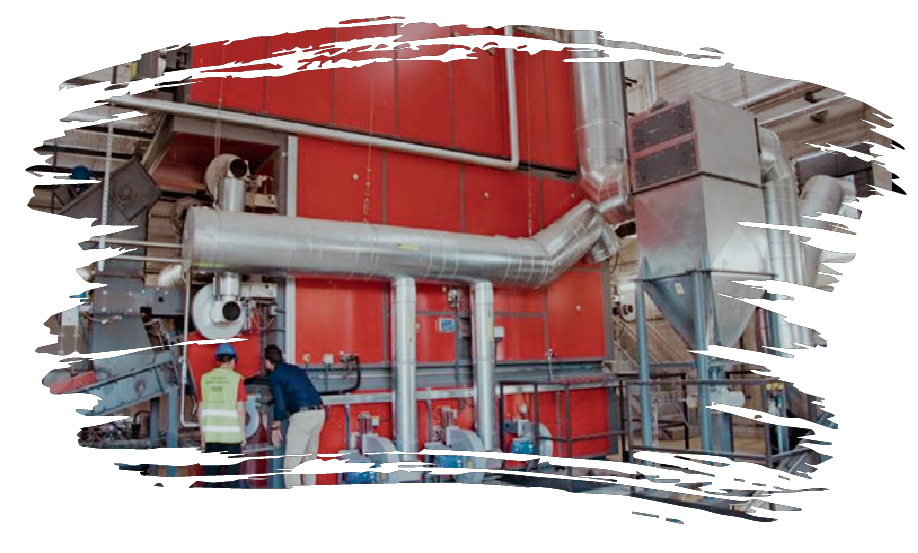A Spanish SME has installed 5 heat networks in the center of the peninsula since 2012 and has another in its portfolio in the city of Cuenca.
The heating networks of Soria (the most extensive in the country,), Guadalajara (recently inaugurated), together with those of the University of Valladolid, and those of two small Castilian cities (Ólvega and Aranda de Duero), add up to 84 MW of installed power, giving warmth to thousands of citizens, public buildings and industries.
Guadalajara is the most recent district heating (28MW) to come into operation. Known as the “Red de Calor Guadalajara”, it began to provide energy at the end of the summer of 2020. At maximum capacity, the facility will be able to supply 100,000,000 kWh per year of energy, with a biofuel consumption of 25,000 tons of wood chips per year. In addition, thanks to the network, Guadalajara will reduce its CO2 emissions into the atmosphere by 15,000 tons per year. Organized in two rings and two branches, the network is constantly expanding, and will continue to do so depending on the demand of residents who wish to connect.
The generation plant has four boilers of 7 MW each to supply thermal energy for hot water and heating to 6,000 homes, as well as public and non-residential buildings. The network has a 5,000 m3 buffer tank which, together with a double pumping system, ensures the supply of energy to all points in the network. Connected consumers get a minimum average reduction of 10 percent in the bill for heating and hot water.
The facility is staffed by a 24-hour control center to manage alarms and emergencies, and it has a nearby logistics center where the biomass obtained from the mountains of the province is collected and chipped.
The construction and maintenance of the infrastructure has led to the creation of more than 60 direct and indirect jobs and between 18 and 20 million euros of consolidated project. The regional government formalized in March 2020 a 15% stake in the capital of the company “Red de Calor de Guadalajara SL”, through a public industrial development fund.
In addition, the Castilla-La Mancha Finance Institute granted REBI a loan of 1.5 million euros to facilitate the continuation of the project, the investment of which was 19.3 million euros. Castilla-La Mancha has a Regional Strategy for Forest Biomass since 2018, which includes measures to promote sustainable forest management, develop the market with incentives for the production and consumption of biomass, with a special focus on public buildings, and support research, training and dissemination of the benefits of using biomass to obtain thermal energy.
The vice president of Castilla-La Mancha, José Luis Martínez Guijarro, has visited the power station that supplies the network accompanied by other members and positions of the regional government and the province. All in all, an extremely successful case for the use of biomass for energy in Spain.


